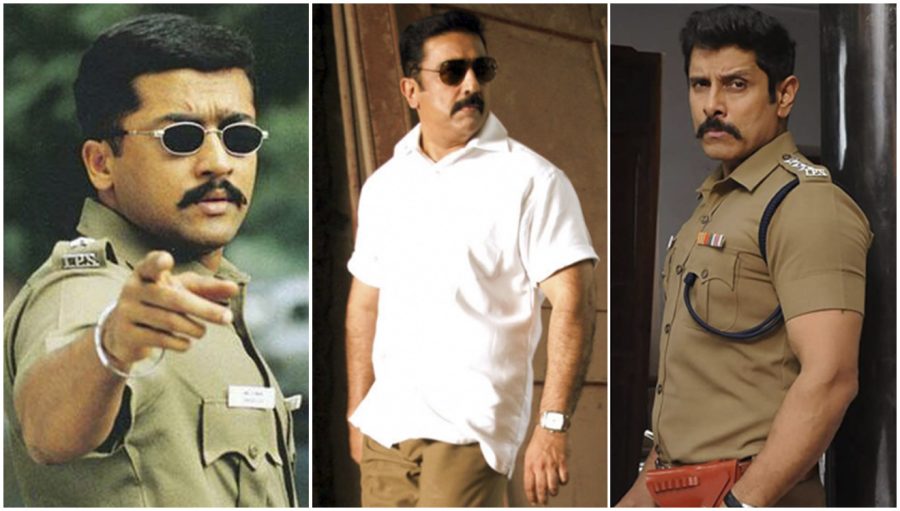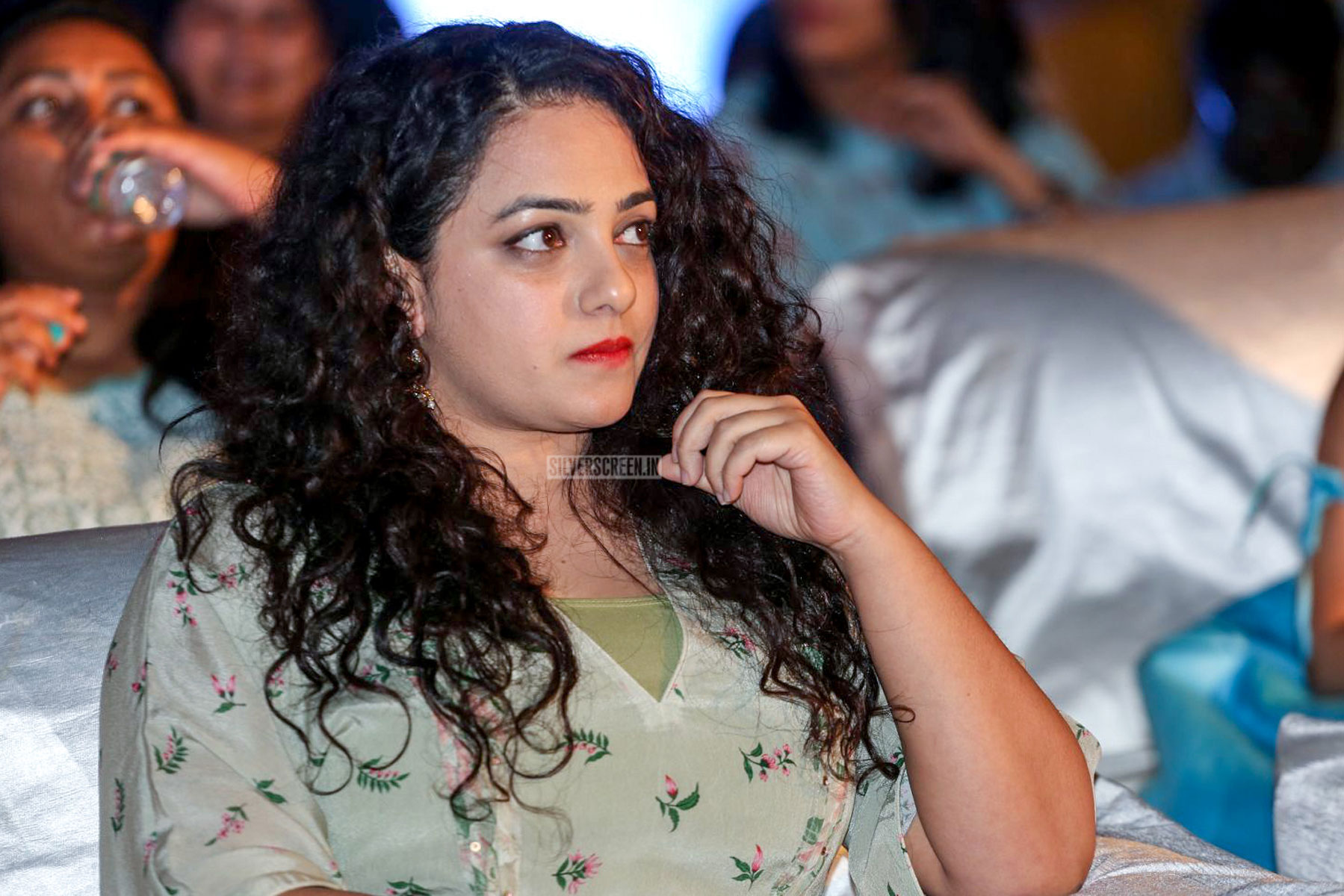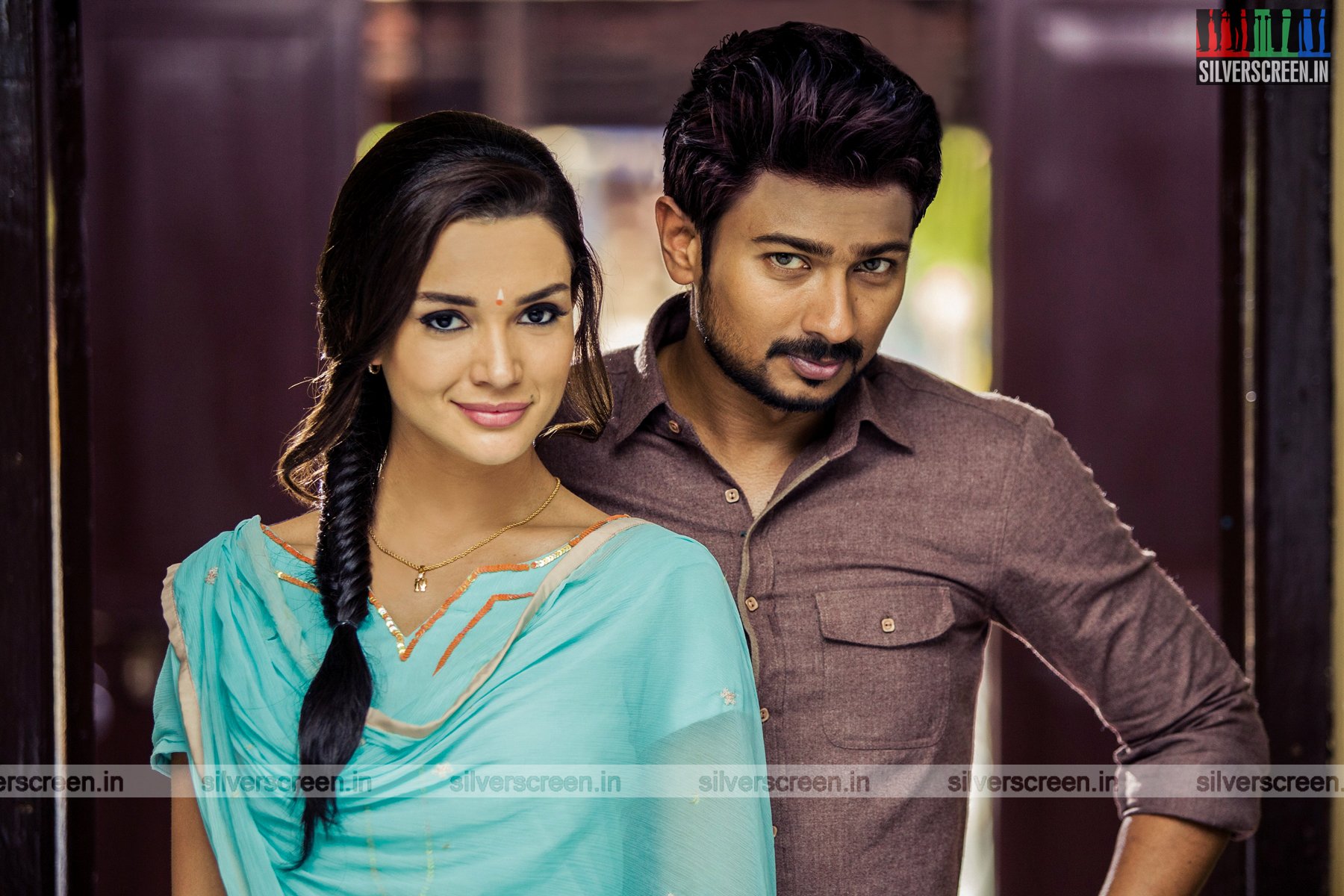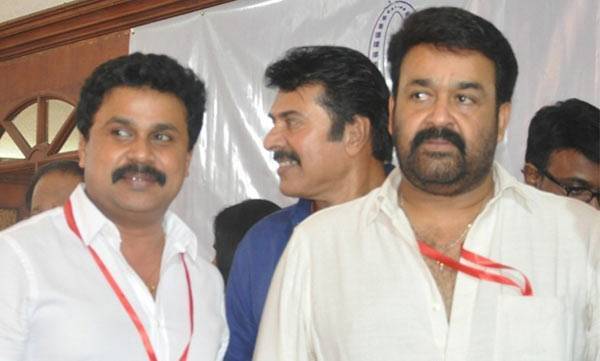After the Thoothukodi massacre claimed 13 lives and left several injured, questions were raised about police personnel and their inhuman behaviour towards those protesting against Sterlite. Actors from the Tamil film industry visited the families of the victims and also donated funds for their welfare. During his trip to Thoothukudi, actor Rajinikanth, who has more than one foot in politics, said that the 100-day ‘silent’ protest turned violent due to the interference of anti-social elements. He also added that the violence was inflicted on protesters because of “negligence of intelligence”.
This real-life behaviour of cops often gets translated onto screen – Tamil cinema has a history of portraying cops who take the law into their hand. Many films have comfortably glorified cops, whether or not they are in the right. The recent Saamy Square trailer is yet another proof of this. Hero (Vikram) is introduced with clips of him thrashing and beating people; he even slaps heroine Keerthy Suresh. You get the feeling that this film will also glorify the hero, letting him dictate terms to even the law.
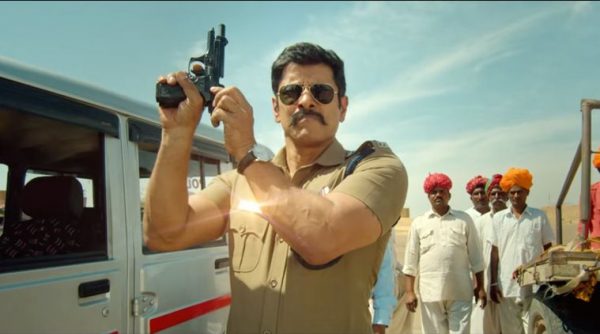
vikram
May 2003 saw the release of Saamy Square’s prequel Saamy, which revolved around a not-so-straight cop Aarusaamy. He is unafraid to tread the corrupt path or get his hands dirty in order to wipe out criminals from his city. This corrupt nature became the highlight of the film. After a spate of movies featuring men in uniform that celebrated honest officers, we got Saamy; Since then, the industry has often romanticised the brutality and violence of onscreen policemen. Saamy‘s punch line “Naan Police illa, porukki” (I am not a cop, I am a rowdy) continues to be used and kept alive in popular culture. And, why not? After all, it was the scene that garnered mass appeal in theatres.
In the climax of Saamy, Aarusaamy decides that it is futile to hand over Annachi (Srinivasa Rao Kota) to the police, and guns him down. And, we are supposed to applaud him, simply because he can never err! After all, he is the ‘hero’ of the film.
This kind of script, where the cop is glorified not only for his actions, but also for his bold call to go against the system, even if he is the only one who feels right about it, is still being churned out. Think films such as Saamy Square, Vijay Sethupathi’s Sethupathi, Visaranai, and Paayum Puli.
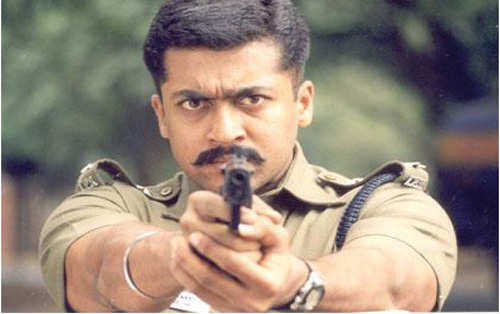
kakka kakka
Gautham Vasudev Menon’s hit Kaakha Kaakha (2003) had a scene where Suriya (Anbu Selvan) guns down a rapist simply because the law will take too long to punish him. His colleagues also agree with him and they all have a hearty laugh. The scene then fades out to the Human Rights commission questioning the officers for taking the law into their hand, and they are suspended. This scene became a rage back then, making an encounter look cool and doable.

kamal
Another film where Kamal Haasan overrides the law is the 1995 cop drama Kuruthippunal. IPS Adhi Narayanan a.k.a Kamal Haasan takes the terrorist (Nasser) to a secluded place to gun him down. However, when Badri (Nasser) reminds him that he is violating the law, Adhi lets him live.
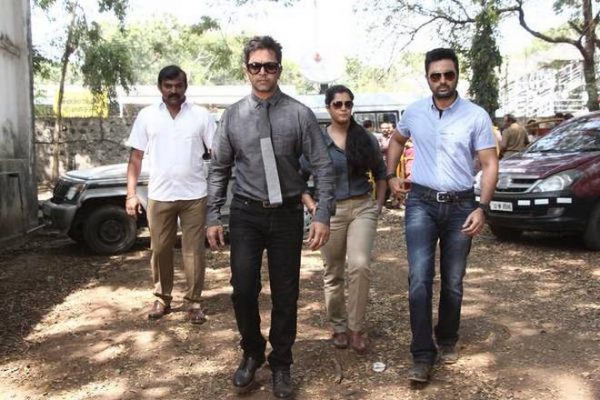
arjun
In the 2017 crime thriller Nibunan, Ranjith Kolidass (Arjun) already faces a few human rights cases for encounters. And then, he resorts to serial killing as a tool to eliminate anti-social elements. This is presented to us as a masterstroke, deserving of applause.
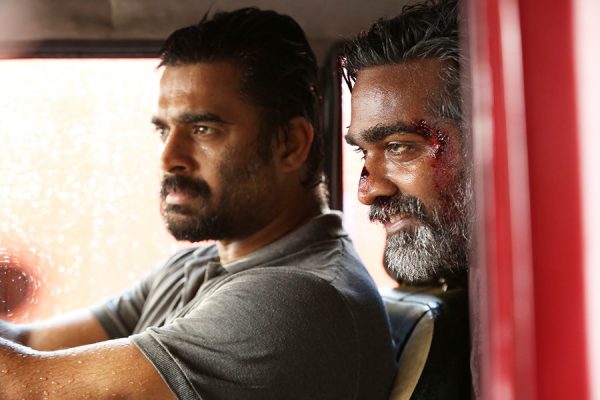
madhavan
Vikram (Madhavan) from Vikram Vedha is an encounter specialist and shoots down an innocent man during one of his operations. However, like in other films, Vikram is shown in good light, easily winning the confidence of Vedha, the elder brother of the murdered man. All this simply because he is an ‘honest’ cop.
Similarly, there is ACP Jayaseelan (Vishal) in Paayum Puli, who goes undercover, conducting unofficial encounters to root out a group of gangsters responsible for a police officer’s death. While the film packs in enough thrills to keep us glued to the seat, it ends up glorifying the cop, turning a blind eye to human rights.
All these films revolve around cops who look down on human rights and activists, and don’t understand ground reality.
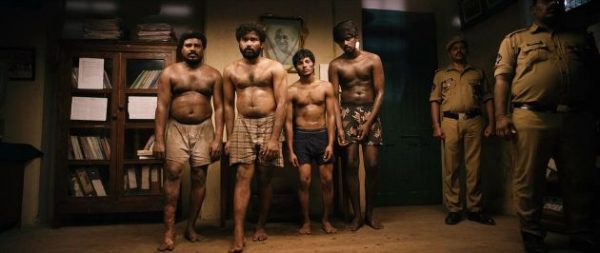
visaranai
Vetrimaran’s Visaranai, for instance, was based on auto driver Chandran’s novel Lock Up. The story revolves around immigrant workers from Tamil Nadu who are picked up by the police in Guntur for no crime. The director drives home the point as to what happens when police officers misuse their power.
